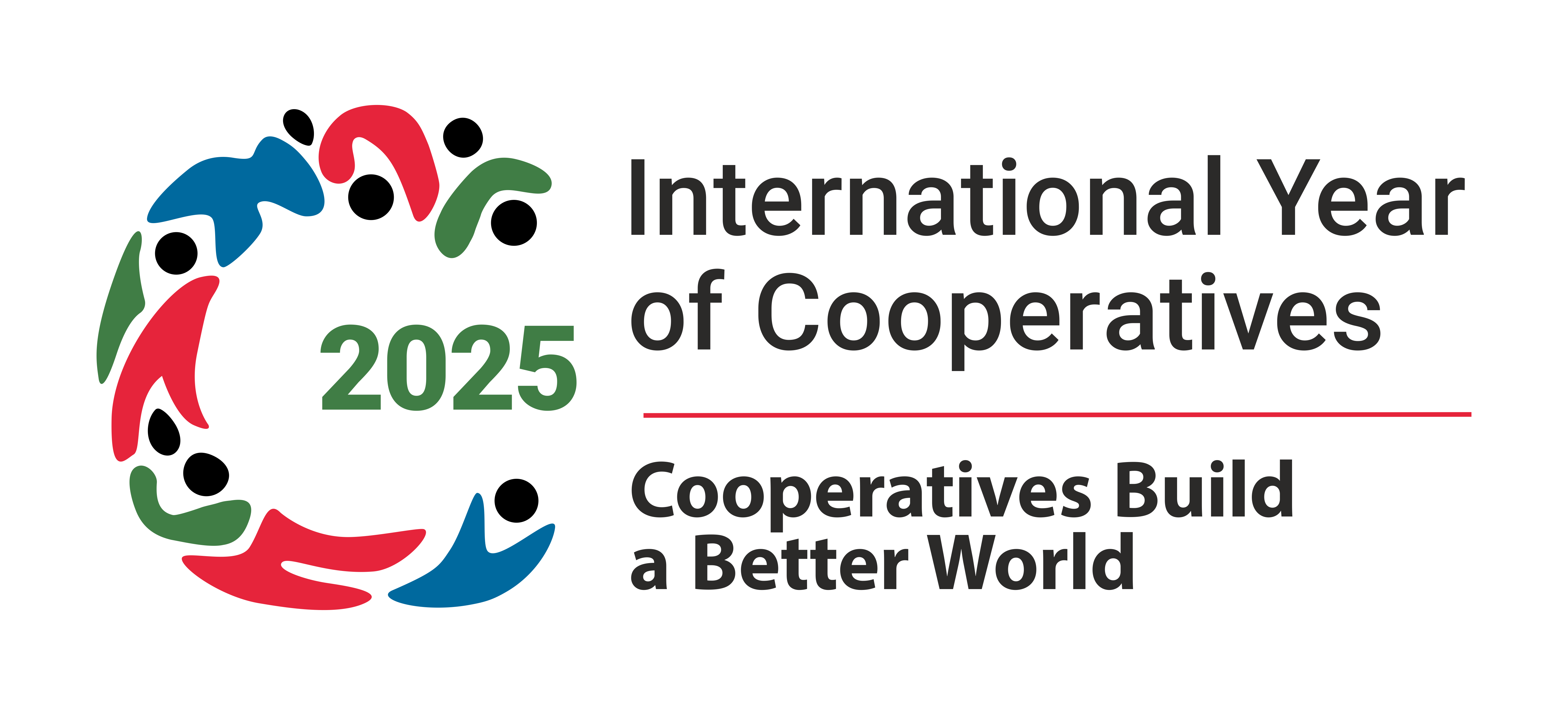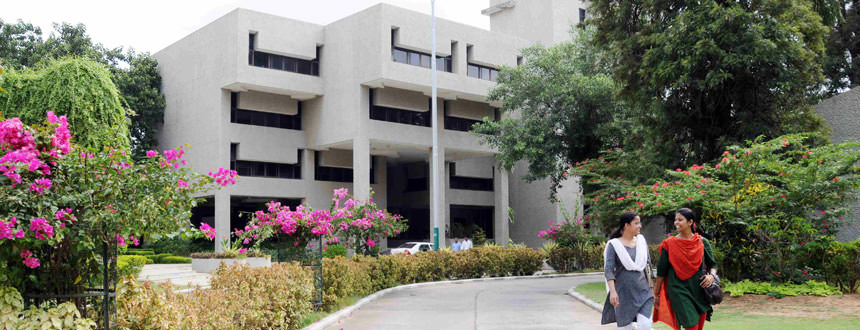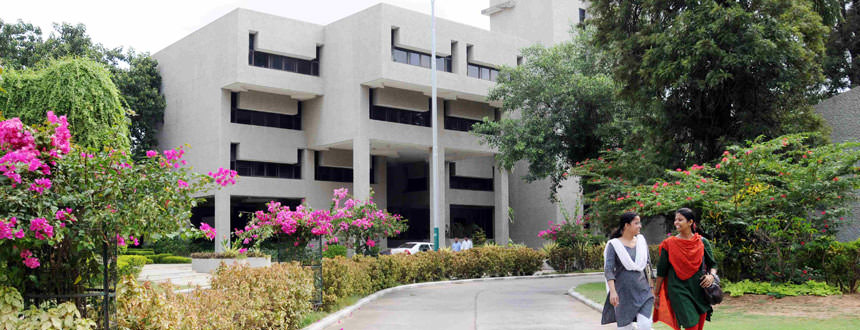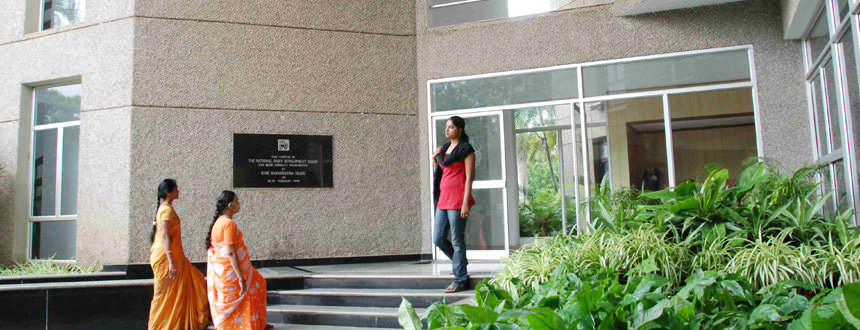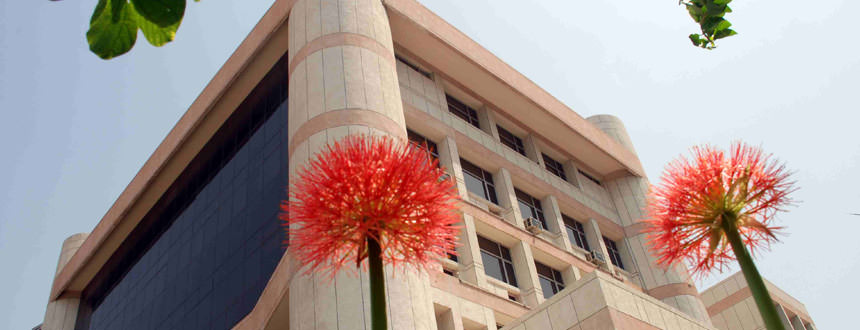Inaugural Address by Shri Meenesh Shah, Chairman, NDDB at Webinar on BIS Certification 28 April, 2022
Good Afternoon!
At the outset, I would like to welcome you all on behalf of the NDDB to this webinar organized in association with Bureau of Indian Standards on “Creating awareness about BIS Certification Process”.
As we know, cattle feed is an important source of nutrients and has direct impact on milk production, reproduction and immunity of dairy animals, and thus making an impact on profitability of millions of dairy farmers. For successful dairy farming, quality of cattle feed is of paramount importance because most of the nutrients in a balanced proportion are provided through cattle feed to meet nutrient requirement of dairy animals.
Globally feed production touched 1.23 Billion Tonnes in 2021 with year-on-year increase by 2.3%; which includes feed for dairy animals, beef animals, aqua, poultry, pigs and pet animals. India ranks 4th amongst top feed producing countries, followed by China, US and Brazil with a production of about 44 Million Tonnes of feed annually. The annual cattle feed production in our country is estimated at about 12.0 Million Tonnes. Out of this, about half (6.0 Million Tonnes) is produced by 74 cattle feed plants (CFPs) under cooperative sector.
Production of good quality cattle feed ensures food safety, optimizes cost of milk production, enhances milk quality, and improves health and welfare of dairy animals. Thus, feeding good quality cattle feed is considered as one of the best ways to increase net daily income of dairy farmers. Quality of cattle feed is also important from food safety point of view, as most of the contaminants; particularly aflatoxin B1, pesticides and drug residues, heavy metals etc. are transferred from feed to milk, causing health hazards to human population.
In most of the countries, a common regulatory mechanism exists for regulating quality and safety of Food and Feed. In USA, feed is governed by the provisions of the Federal Food, Drug & Cosmetic Act. While in European Union, feed is under the ambit of the European Food Safety Authority. In recent years, the quality of compounded cattle feed is regulated by the Food Safety and Standards Authority of India (FSSAI) in India.
We are aware that, FSSAI conducted a ‘National Milk Safety and Quality Survey’ in year 2018. A major finding in the survey was the presence of aflatoxin M1 residues beyond permissible limits (0.5 ppb) in about 6 percent of the samples. This was the first time that presence of aflatoxin M1 in milk was assessed. This problem is more prevalent in processed milk rather than raw milk.
In view of the recent instances of contaminants in milk, FSSAI amended the Food Safety and Standards Act, 2006 and made ‘BIS Certification Mark’ on the label of the products” mandatory which would be effective by 1st June 2022. Hence, all feed manufacturers engaged in commercial production and distribution of cattle feed have to comply the BIS specification.
We understand that, more than 100 cattle feed plants of ‘Private sector’ have obtained BIS license; while only 28 out of total 74 plants of cooperatives have done so. This may be because of lack of awareness about the recent developments in feed regulation or certification process. The BIS certification would help cooperatives to produce quality cattle feed and thus ensuring quality milk production.
So the objective behind organizing this webinar is to sensitize the cooperatives regarding the new regulations and the BIS certification process. Complying these would require concerted and coordinated efforts from all of us present here.
I am confident that this webinar would create better understanding on cattle feed regulation and certification process for production of quality cattle feed, while ensuring the safety and quality of milk for millions of small and marginal farmers.
I wish the webinar all success.
Thank You!

